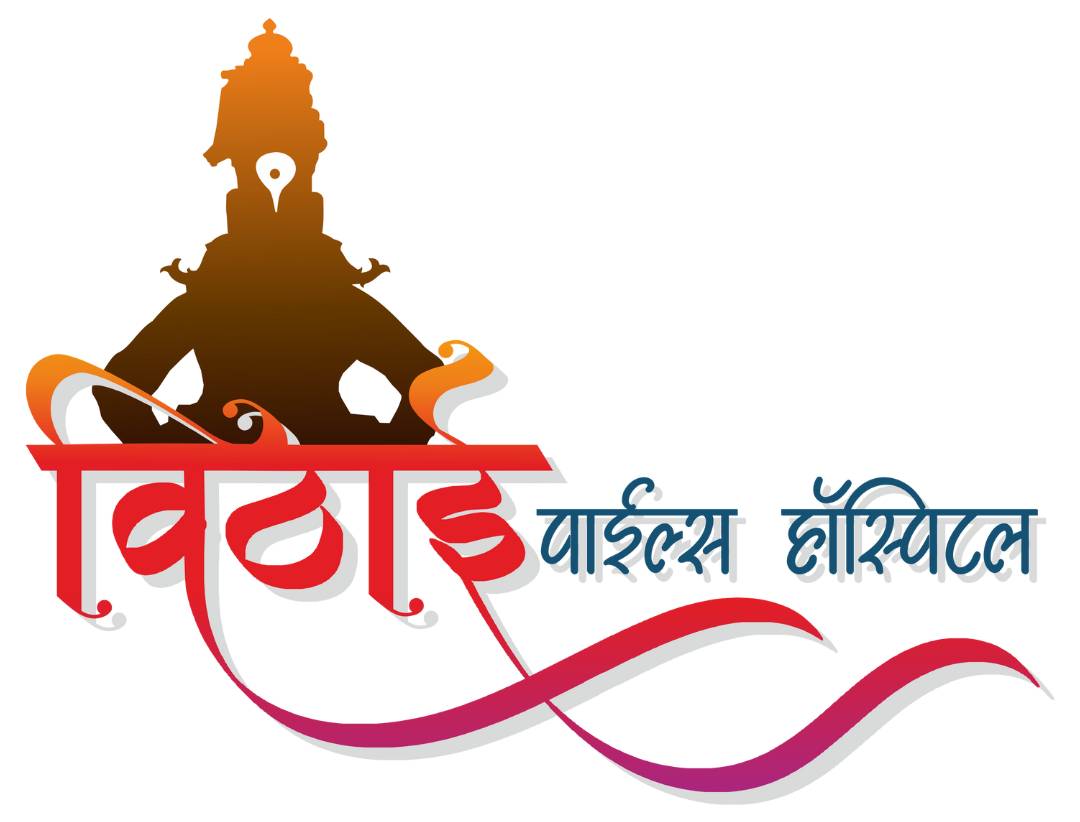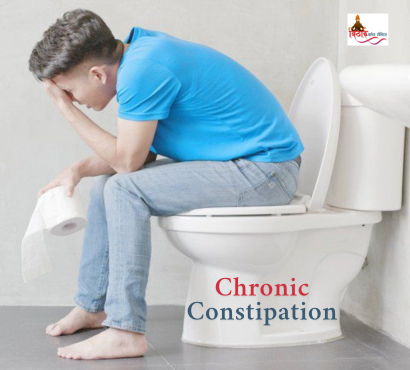Constipation is a common digestive problem, but when it becomes chronic, it can severely affect your daily life. What many people don’t realize is that persistent constipation is a major contributor to anorectal disorders such as anal fissures, hemorrhoids (piles), and fistulas.
These issues are often seen in clinics across India, especially due to sedentary lifestyles, low-fiber diets, and lack of awareness. In this blog, we’ll explain how to manage and prevent chronic constipation effectively and thereby reduce the risk of serious anorectal diseases.
What Is Chronic Constipation?
Constipation is typically defined as having:
- Fewer than 3 bowel movements per week
- Hard, dry, or lumpy stools
- Straining during defecation
- Feeling of incomplete evacuation
Chronic constipation lasts for more than 3 months and may require long-term management.
Common Causes of Chronic Constipation in Indians
- Low-fiber diet
Common Indian fast foods, maida-rich snacks, and refined carbs lack dietary fiber. - Insufficient water intake
Many Indians drink less water, especially in winters or during fasting. - Sedentary lifestyle
Long sitting hours with limited exercise lead to sluggish digestion. - Ignoring the urge to pass stools
Habitual suppression weakens the bowel reflex. - Pregnancy
Hormonal changes and pressure on the bowel cause constipation. - Certain medications
Iron supplements, calcium tablets, painkillers, and antidepressants. - Medical conditions
Diabetes, hypothyroidism, IBS, Parkinson’s, and neurological diseases.
Link Between Constipation and Anorectal Diseases
| Anorectal Disease | Trigger from Constipation | Symptoms |
| Anal Fissure | Straining causes tear | Sharp pain, bleeding while passing stool |
| Hemorrhoids (Piles) | Swollen veins due to pressure | Rectal bleeding, swelling, pain |
| Fistula-in-Ano | Infection from chronic trauma | Discharge, recurrent abscess |
Symptoms to Watch Out For
- Hard stools or difficulty passing stool
- Painful bowel movements
- Blood in stool or on toilet paper
- Anal itching or discomfort
- Sense of bloating or heaviness
- Mucus discharge from the anus
Diagnosis of Chronic Constipation and Anorectal Conditions
- History & Lifestyle Analysis
- Physical Examination
- Per-rectal examination
- Proctoscopy / Sigmoidoscopy
- Colonoscopy (in prolonged/chronic cases)
How to Prevent Constipation and Anorectal Diseases
🥦 1. Adopt a High-Fiber Indian Diet
| Food Type | Examples |
| Whole grains | Brown rice, oats, bajra, jowar |
| Fruits | Guava, papaya, banana, apple with peel |
| Vegetables | Spinach, carrots, beetroot, bottle gourd |
| Legumes | Chana, moong, rajma, masoor dal |
| Seeds | Flaxseed, chia |
Consume at least 25–30g of fiber daily.
💧 2. Hydration is Key
Drink 2.5–3.5 liters of water per day. Start the day with warm water + lemon to stimulate digestion.
🚶 3. Stay Active
- Brisk walk for 30 minutes
- Squats, yoga (Pawanmuktasana, Vajrasana)
- Avoid sitting for long hours at a stretch
🧘 4. Don’t Ignore the Urge
Train your bowel to a regular routine. The best time: early morning, after hydration.
🛑 5. Avoid These Triggers
- Maida-heavy food (pizzas, samosas)
- Dairy in excess (especially paneer, cheese)
- Caffeine overuse
- Alcohol
- Frequent use of laxatives (can worsen gut health)
Treatment Options for Chronic Constipation
1. Dietary Modifications
First-line approach — fiber, fluids, and schedule.
2. Bulk-forming laxatives
- Isabgol (psyllium husk)
- Methylcellulose
3. Osmotic laxatives
- Lactulose, PEG
4. Stool softeners
- Docusate sodium
5. Ayurvedic Remedies
- Triphala
- Castor oil (under supervision)
6. Advanced options
- Biofeedback therapy
- Anal dilation (for fissures)
- Surgery (if piles or fistula occur)
Ayurvedic and Home Remedies (With Caution)
- Triphala churna at bedtime with warm water
- Castor oil: 1 tsp in warm milk
- Aloe vera juice: Promotes bowel regularity
- Flaxseeds soaked overnight: Mild natural laxative
⚠️ Always consult a qualified practitioner before long-term use.
When to Consult a Specialist
Seek medical advice if:
- No improvement after 7–10 days of remedies
- Rectal bleeding
- Weight loss
- Severe abdominal pain
- Anal swelling or pus discharge
Consult a gastroenterologist or proctologist for diagnosis and rectal examination.
Cost of Treatment in India (2025)
| Treatment/Service | Approximate Cost (INR) |
| Specialist consultation | ₹500–₹1500 |
| Colonoscopy | ₹2500–₹8000 |
| Laxatives (monthly) | ₹200–₹800 |
| Surgery for fissure/piles | ₹20,000–₹70,000 |
Constipation may seem like a minor problem, but chronic constipation can severely affect your anorectal health and overall well-being. Simple steps like improving diet, staying hydrated, and being physically active can protect you from complications like piles, fissures, and fistula.
If your symptoms persist, don’t delay—consult a proctologist or gastroenterologist and get treated early.
FAQs
1. Can constipation cause piles or fissures?
Yes. Repeated straining and hard stools can damage the anal lining, leading to fissures or hemorrhoids (piles).
2. What is the best Indian home remedy for constipation?
A combination of warm water with lemon in the morning, fiber-rich diet, and Triphala churna at night can help.
3. When should I see a doctor for constipation?
If constipation lasts for more than a week, or if there’s bleeding, pain, or signs of anorectal disease, consult a specialist.

